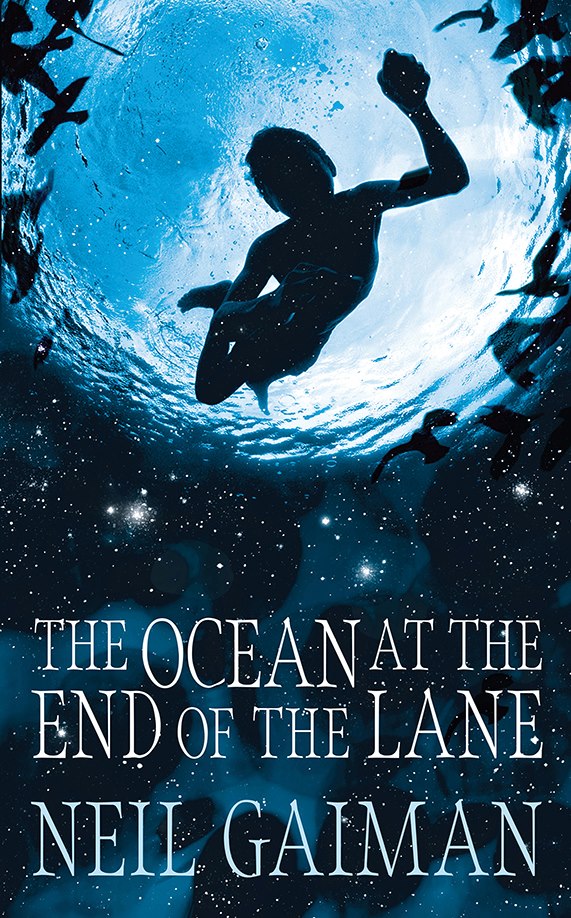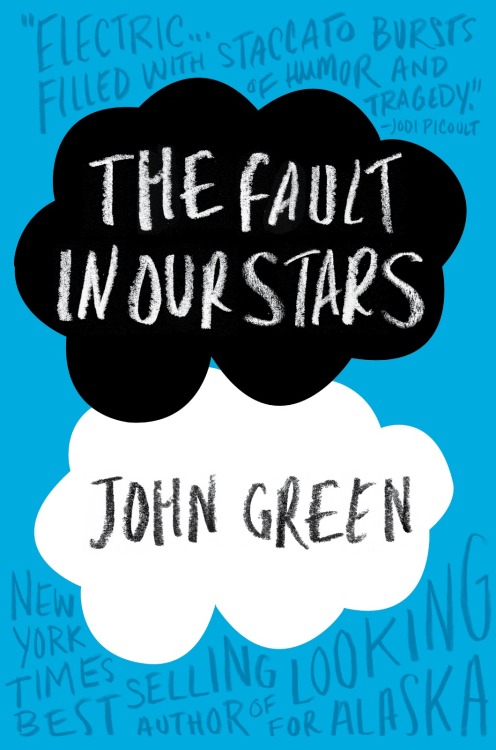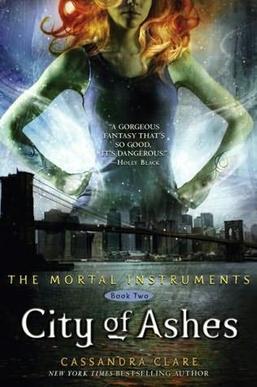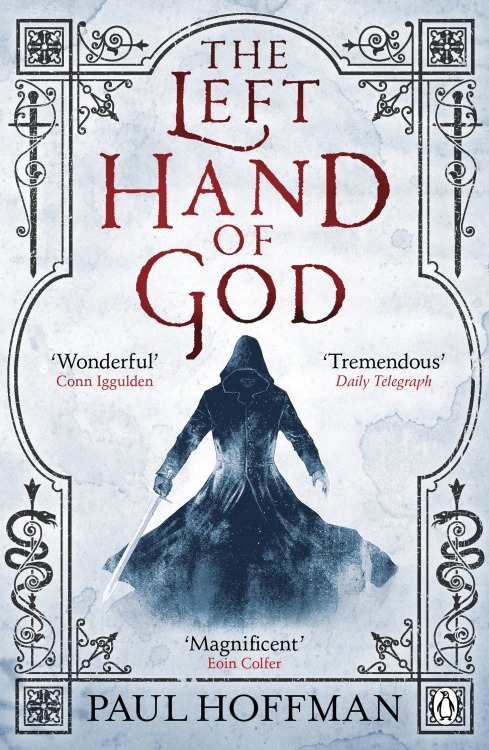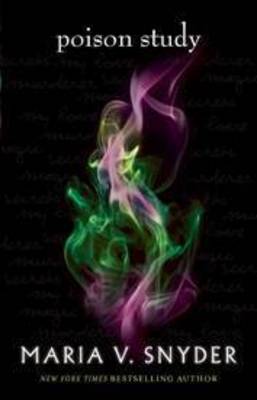Book Title: The Bone Season
Author: Samantha Shannon
Series: The Bone Season #1
Date Started: November 1st 2013
Date Completed: November 3rd 2013
Genres: Mystery, Fantasy, Romance, Action, Dystopian
Rating: Five stars
Review:
This book does have it's faults, I'm not going to lie, and I'm trying to be critical in this review, but to be perfectly honest, the pros outweigh the cons in my opinion. I'd heard a lot of hype around The Bone Season, and it's supposedly the most anticipated novel of 2013. When a book has loads of hype around it, I'm very wary of how good the book actually is, since opinions can be blown out of proportion quite easily. But actually, I think I agree with all the people saying this book is amazing, because I really enjoyed it, despite the fact that some parts were a little heavy.
Paige Mahoney is a dreamwalker: one of the rarest types of voyant, and as a result, she's constantly being hunted. With all voyancy outlawed, she's forced into the criminal underworld to work for a mime-lord - the dealers of this world's illegal activities. Activities that involve Paige and her friends' gifts. But one wrong step can mean the difference between freedom and captivity, and as Paige stumbles over the line, she's forced into a much more dangerous version of reality that she was aware existed. Now, she's under the guard of a intimidating keeper and in danger of being murdered for her gift by the powerful leader of a ambitious new species.
I've read quite a lot about Shannon, and I'm therefore even more impressed by her writing: her prodigious reputation was proved right here. She has a mature writing style, and for a story like this - that could so easily have become a rather typical Young Adult novel - it's hard to keep that up for a whole story.
However, the beginning of the book was too full of information. Shannon has such an amazing imagination, and the world is definitely one of the strong points of the novel, but because of this detailed construction around the setting, it means it takes longer for the reader to understand the world. Shannon tries to speed this up, by piling historical data and explanations of voyancy heavily in the first couple of chapters. It's just a little too much to take in, when we're still getting to know the character. We want to be pulled into the story; not bombarded with too much information to handle. This does improve further into the book, but unfortunately it was only in the last hundred or so pages that I was able to read each sentence and be able to connect more than a third of the words to the slang and background information of the book.
Despite this, all the did flow well together, and I was able to lose myself in the words for pages, without glancing down at the page number (a bit of a bad habit I've picked up).
Moving on, the narrative was well written, and there was some personality shining through, though there could have been slightly more. The action was written very well, and the description and dialogue were also good and believable.
Although confusing, the story is very amazing, and looking back on it, I can see how little things connect subtly, but very well.
Like I've already mentioned, there are issues with supplying relevant information at the beginning, however the story does still pick up quite quickly, and we snippets of action between learning about the world.
The main plot was well thought-through and flowed perfectly. I didn't see everything coming, and I definitely felt some frustration with Paige for the things that happened to her - as well as being able to step back and think about why these things might have happened and what significance they might have for the whole plot. There isn't a lot I can say without giving anything away - only that it was very well planned and you need to read it yourself to fully understand how well everything works.
I have to mention the final scene, because it was epic. It isn't a lot I'm able to use that word to describe an ending scene. It's hard to find really good quality conclusions in books these days, but The Bone Season hit the nail on the head. It was long enough to make me keep stopping and starting when moments of calm were violently broken, but also quick enough to not let the reader get bored. There was also a really good build-up, which was probably my favourite part in the book, because I didn't see just how fast things were going to crumble until it was happening.
See, I like unhappy endings in books. I don't, however, like cliffhangers. Cliffhangers make me want more. And I definitely want more. There's so many things left unexplained, and so many little parts of the story that are still to be revisited. For once, I get the feeling that they are going to be revealed and will have something to do with the future books, which is a little bit of a relief. On the other hand, I do now have to wait for the next book, so...
The development of the characters in this book was just amazing. The people you meet at the very beginning are pretty much completely different from the ones you're left with at the end. And people fade in and out of the spotlight, just like in real life - some characters are meant to have tight friendships with Paige, some aren't, as so we see them once and, although they aren't forgotten, they're no longer that important to the story.
Paige was a wonderful protagonist. At first I thought she was going to be another sarcastic, fiery hero. But she turned out to have her own personality that I could believe and understand and feel for. I think the thing that really made Paige stand out was the fact that she didn't really have any connections with anyone, and she wasn't looking for any: avoided them even. Her resistance to everyone stayed up for a very long time, which is what eventually won me over as thinking of her as a real person.
I genuinely didn't like Warden at the beginning, but I grew to like him with Paige. In fact, I think he's the first male interest in a book that I've liked in a while (as in liking him personally, rather than feeling he's good for the girl or whatever). He was very realistic, and my heart broke a couple of times for him. If he isn't in the other books I'll cry.
Nashira felt like a threat to me, and I was scared about Paige when Nashira threatened her. I didn't doubt she would hurt her, and because of that I therefore felt more strongly about the characters and what needed to happen in the story. She was also a good villain, because you could sometimes see where she wasn't so completely evil - maybe just a little bit deranged.
Nick was a lovely character that I loved straight from the off. When I started to learn more and more about his relationship towards Paige, and I liked him more and more. It was realistic, it was painful and it fitted with the story great. I have a feeling it's going to be developed a lot more in the next book, and I can't wait.
Jaxon and the Seven Seals was a really good thing to have in there, because it gave Paige a proper incentive to escape, and also a really interesting backstory. You could almost write a whole new book just about Paige's journey before The Bone Season. Some of this is shown in flashbacks, but I'm really interested to learn even more about Paige's 'partners in crime'.
Michael, Seb, Julian, Liss and David are all characters I want to mention because I loved them and I think they added to the story. These are the characters that I mentioned 'fade in and out of the spotlight'. At a certain point, they have important - if not vital - impacts on the storyline, and I grew to like all of the them (especially Michael, Seb and Julian). But then they did fade away a little bit. I'm tempted to say I wish I'd seen more of them, but actually I think their parts worked so well exactly as they are, that I won't.
The Bone Season is very fast-paced. The information dumping at the beginning could be boring, but luckily it was broken up by bits of the story, and did eventually stop. Each part of the story was interesting, even the flashbacks. For me, it didn't really have any pacing issues; it even ended at the right point, I think. Just before it got a little too boring for the reader, and leaving enough enthusiasm to have us waiting in agony for the sequel.
I loved The Bone Season. As I was reading it, I kept thinking it had the fantasy and idea of Sarah J. Maas' 'Thorne of Glass'; as well as the dystopian, dark world of Veronica Roth's 'Divergent' (both of which are in my top favourites). Consequently, it has amazing concepts, and the story is vivid and beautiful and new.
I'd recommend it to anyone, especially if you want something a little bit different with a mature writing style and characters and a story you can fall in love with (if you have the patience to get through all the information at the beginning, mind).
Image Source: http://i1359.photobucket.com/albums/q799/
snugglyoranges/covers/TheBoneSeason.jpg


